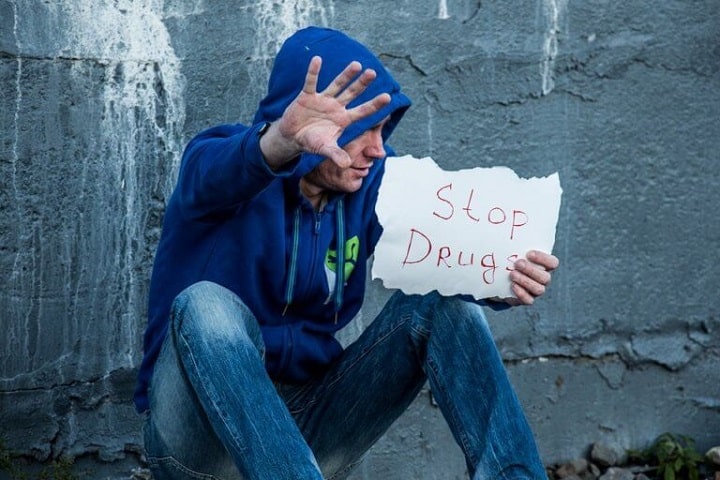Addiction can take over someone’s life without them even realizing it. It can be a physical addiction, such as drugs or alcohol, or emotional dependence, such as gambling, sex, shopping, or work. Whatever the addiction is, it will always harm the person’s life.
If you’re addicted to something, you may feel like you can’t live without it. You may feel like you’re in control of your addiction, but the truth is, your addiction is in control of you. It’s time to regain control and start your life-changing addiction withdrawal journey.
1. Admit You Have a Problem
The first step in any addiction withdrawal journey is admitting that you have a problem. This can be the hardest step, but it’s also the most important. If you don’t acknowledge that you have a problem, you’ll never be able to get help and overcome your addiction.
You need to be honest and recognize that your addiction is a problem. It’s not something that you can control. Once you’ve admitted that you have a problem, you can start to take the necessary steps to get help and overcome your addiction.
2. Reach Out for Help
The next step is to reach out for help. This could be through professional help, such as seeing a therapist or counselor, or support groups, such as Alcoholics Anonymous or Narcotics Anonymous.
Reaching out for help is vital in overcoming your addiction. It would help if you talked to someone who understands what you’re going through and can offer support and advice. According to the folks at Steps Recovery Centers, professional help can give you the tools you need to overcome your addiction. Support groups can also be beneficial, as you can share your experiences with others in similar situations.
3. Make a Change
Once you’ve admitted that you have a problem and reached out for help, it’s time to make a change. This means making changes in your life to avoid triggers and temptations. It could mean changing your job, moving house, or breaking up with your partner.
You can avoid triggers by planning. If you know you’re going to be in a situation where you might be tempted to use it, make sure you have a plan in place. This could involve having someone with you who can support you, or it could mean leaving the situation altogether. It’s essential to make these changes before you start your withdrawal journey. If you don’t, you’re more likely to relapse. Making these changes will also make it easier to stick to your withdrawal plan.
4. Detoxification
Detoxification is an important step in overcoming addiction. This is when you stop using the substance you’re addicted to and allow your body to rid itself of the toxins. Detoxification can be done at home or in a professional setting, such as a rehabilitation center.
If you’re detoxing at home, it’s important to have someone with you who can support you through the process. This person should be familiar with withdrawal symptoms and be able to offer emotional support. It’s also essential to ensure you have everything you need, such as food and water, before detoxing.
5. Withdrawal
Withdrawal is the next step in overcoming addiction. This is when you’ll experience withdrawal symptoms, such as cravings, headaches, nausea, and fatigue. Withdrawal can be difficult, but it’s important to remember that it’s only temporary. The symptoms will eventually disappear, and you’ll start feeling better.
To help make withdrawal easier, it’s crucial to have a support system in place. This could be through family, friends, a therapist or counselor, or a support group. Having someone to talk to during this time can make a big difference.
6. Recovery
Recovery is the final step in overcoming addiction. This is when you start to rebuild your life and establish new routines and habits. Recovery is a lifelong process, but taking things one day at a time is important. You’ll make progress if you’re patient and consistent.
There are several things you can do to help yourself during recovery. This includes exercising, eating a healthy diet, getting enough sleep, and avoiding triggers. It’s also essential to find activities that you enjoy and make time for yourself. Recovery is a journey, but it’s worth taking.
Deciding to start a life-changing addiction withdrawal journey is a big step. But by taking things one step at a time, you can overcome your addiction and establish a new life in recovery. If you or someone you know is struggling with addiction, reach out for help. Several resources are available, such as helplines, support groups, and rehabilitation centers. With the right help, overcoming addiction is possible.


















